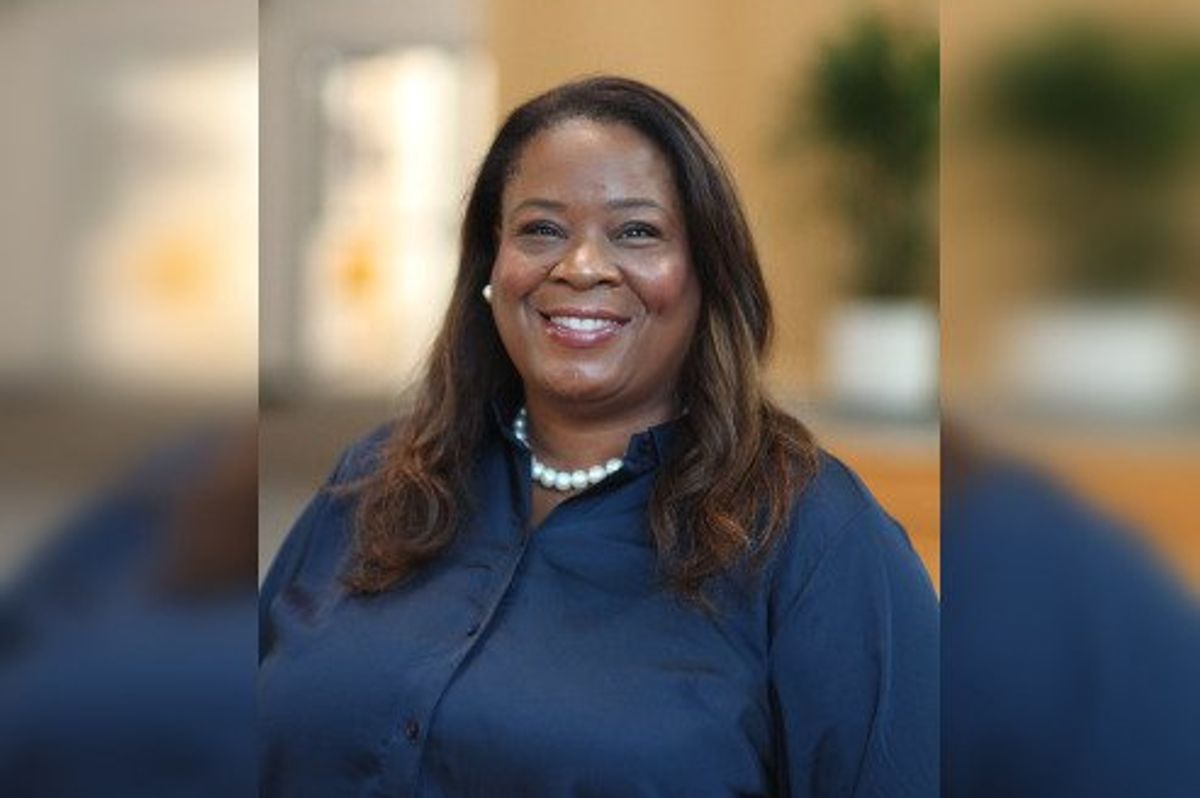Greentown Labs names new CEO to oversee Houston, Boston incubators
seeing green
The largest climatetech incubator in North America has named an Obama Administration appointee as its next CEO.
Kevin Knobloch, who served as chief of staff of the United States Department of Energy in President Barack Obama’s second term, will be CEO of Greentown Labs, effective September 5. In his role, Knobloch will oversee both Greentown locations in Houston and Somerville, Massachusetts, outside of Boston.
“Kevin has a proven and impressive track record of growing, operationalizing, and leading a dynamic mix of organizations at different stages and in various industries, all of which have aligned with his unwavering commitment to addressing the climate crisis,” Greentown Labs Board Chair Dawn James says in a news release. “On behalf of the entire Board of Directors, I am thrilled to welcome Kevin as our next CEO. We are excited for what is to come under Kevin’s leadership and look forward to the positive impact he will undoubtedly have on our team, our startup community, and the ecosystem at large.”
With 30 years of experience across sectors, Knobloch most recently served as president of Knobloch Energy, an independent advisory and consulting firm. He also served as acting executive director of the National Offshore Wind Research & Development Consortium from June through December 2022. From 2018 to 2020, Knobloch was president of New York OceanGrid LLC, where he led Anbaric’s efforts to develop offshore wind transmission in New York.
“I’m honored and thrilled to have the opportunity to once again pass the leadership baton,” Greentown Co-Founder Jason Hanna says, who has been serving as interim CEO. “Especially so given Kevin’s incredible record of climate leadership. I’m excited for the future of this organization and the impact he can make as Greentown enters the second decade of its climate mission.”
The appointment follows an executive search that began after Greentown's previous CEO Emily Reichert announced she was stepping down in December.
“I’m delighted to be asked by Greentown Labs’ Board of Directors to be the next leader of this highly effective organization—and very excited to get to work,” Knobloch says in a statement. “I’ve long admired the critical role Greentown plays in supporting the growth and impact of early-stage climate and energy transition technology companies, as well as the impressive efforts by former longtime CEO Emily Reichert and the talented Board and staff to build Greentown into a national powerhouse and model for other incubators around the world. The climate crisis demands that we accelerate our collective pace of deployment and I look forward to collaborating with our startups, staff, and partners to support that acceleration.”
The announcement comes on the heels of Greentown naming its inaugural Houston general manager. Timmeko Moore Love was named to that new position last week.



